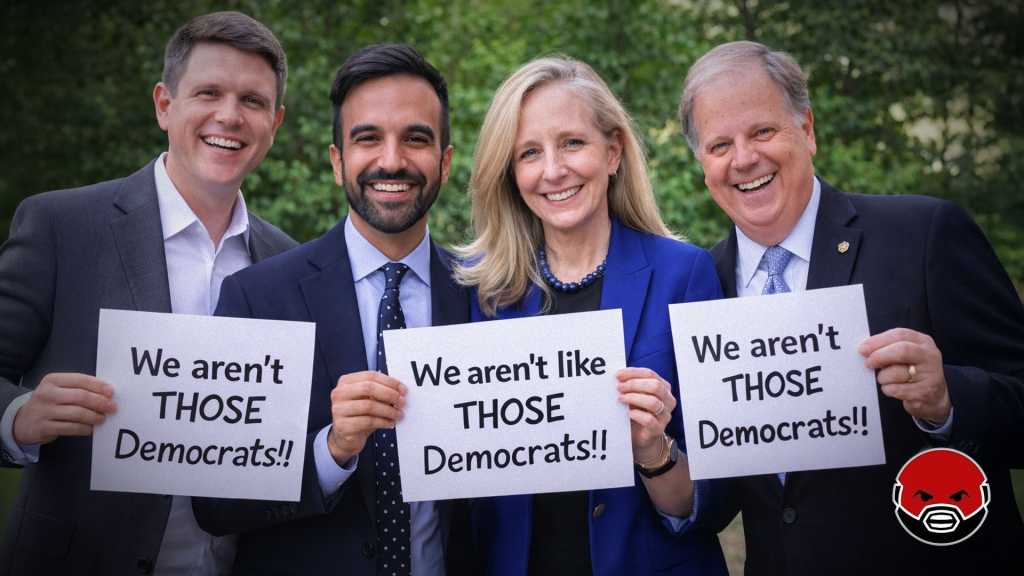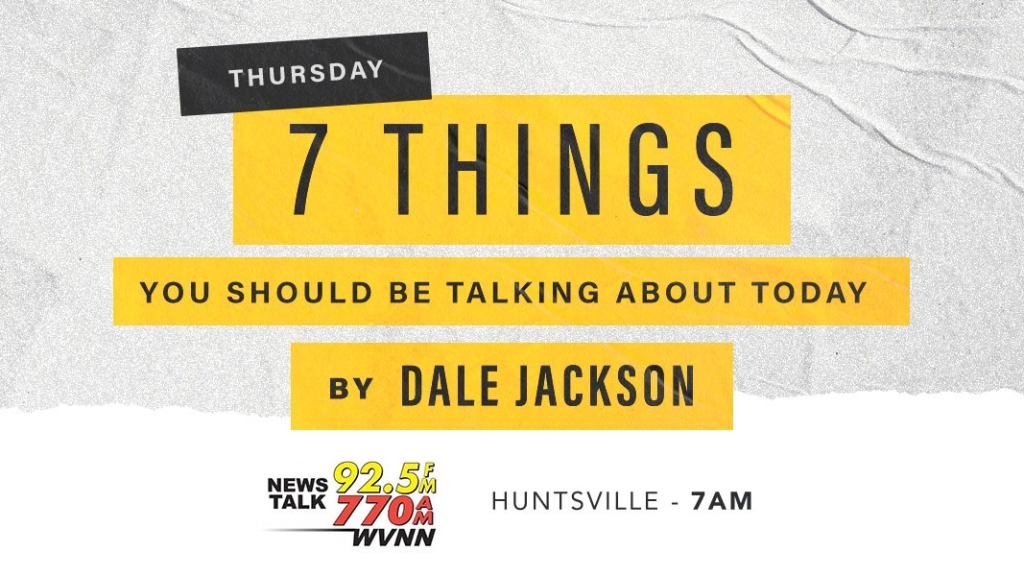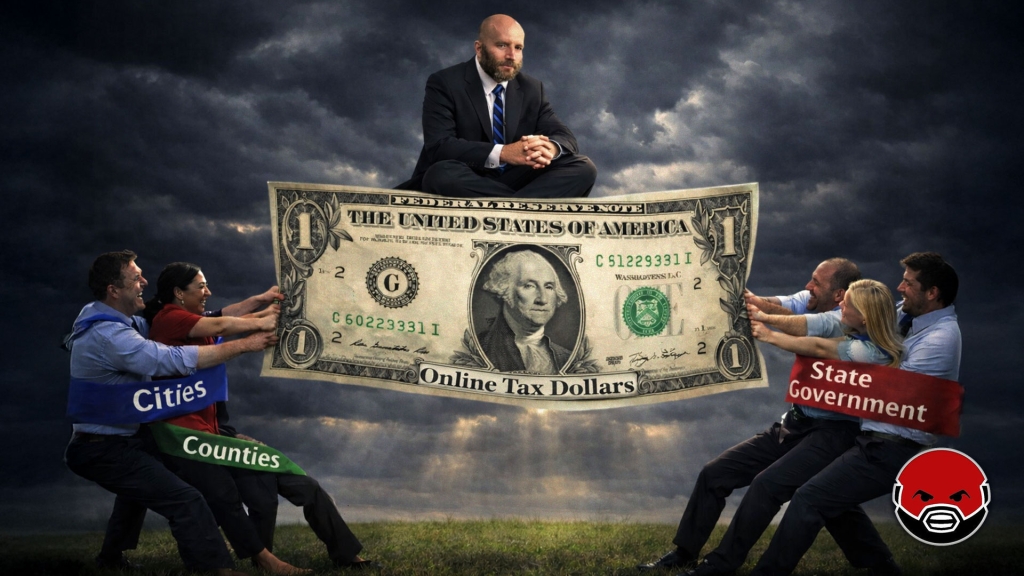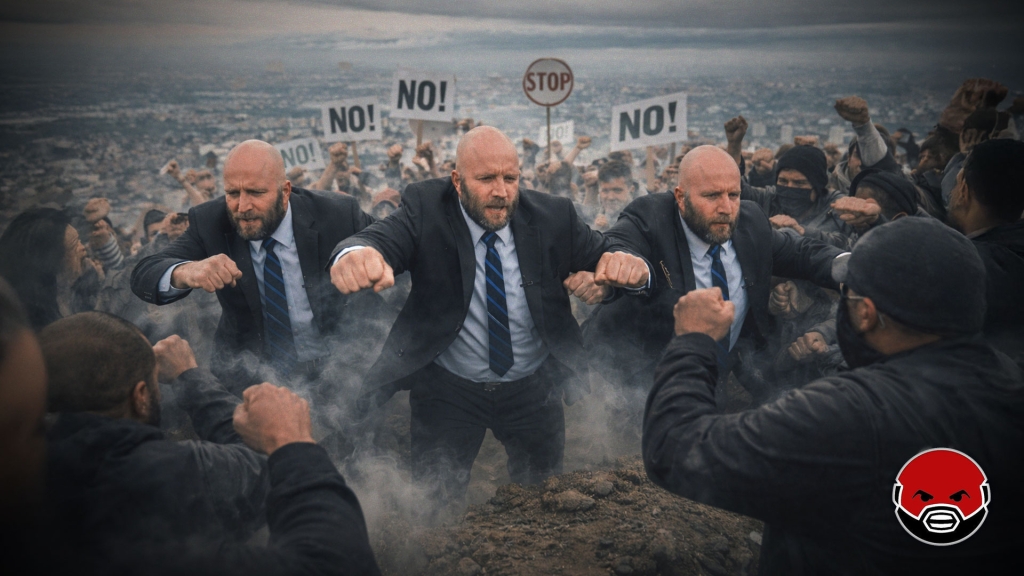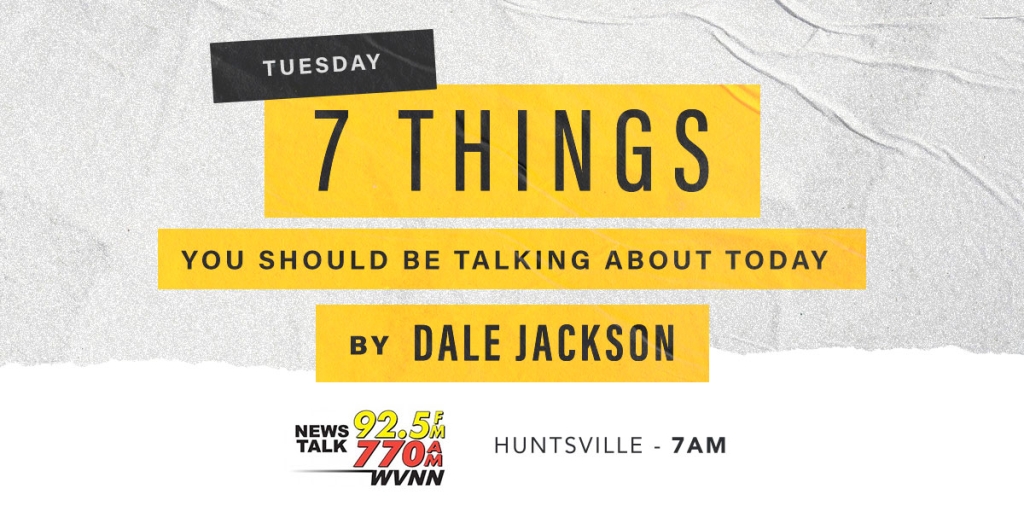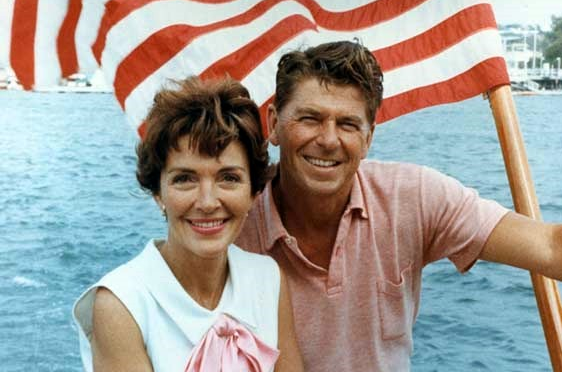Near the end of the Korean War novel “The Bridges of Toko-Ri,” an American military commander is mourning the death of some of his best men, but also remembering their strength, their courage, and the devotion they shared for one another.
Staring alone out at the morning sea, he reflects on how fortunate our nation is to have had such heroes, and then asks, “… where did we get such men?”
On this Memorial Day, I find myself reflecting back to when I asked that same question while researching and writing the book, “American Warfighter: Brotherhood, Survival, and Uncommon Valor in Iraq, 2003-2011.” I wrote about the experiences of 10 men who, for their actions in combat, were awarded two Distinguished Service Crosses, two Navy Crosses, five Silver Stars, and three other prestigious awards for valor.
After each interview I found myself asking … where did we get such men?
Where did we get the kind of medic who’d leave the safety of his armored vehicle to shoot his way through an ambush, killing several insurgents before pulling three soldiers from a burning tank?
Where did we get the former cook who singlehandedly killed six Al Qaeda fighters in close quarters combat, the last going down in a blazing face-to-face shootout?
Where did we get the Marine who ran into an open ambush in Fallujah not once, not twice, but three times so he could carry his wounded comrades to safety?
In an era when the term is perhaps too loosely applied, these individuals epitomize the word “hero.” But they bristled at the term, preferring instead to give credit to their families for supporting them and enduring the hardships of separation, and they always said others deserved equal or higher recognition. Still, when the moment came to act – to willingly place themselves in harm’s way – they did so instantly.
“I was just doing my job,” they told me.
Where did we get such men?
Before they were the heroes I spoke with, they were just normal Americans from every walk of life and corner of our nation: A high school quarterback from California, the son of a police officer from Staten Island, a Texan from a rough part of town, and a boy from New Orleans who just wanted to help people.
One was an immigrant studying for his doctorate in political science in Chicago, while another was a kid from rural Ohio who was rejected by the Air Force only to become a living legend in the Marine Corps. Then there was the little boy from Michigan whose mother signed him up for karate as an outlet for the aggression that would someday help save his fellow Green Berets.
But still, where did we get such men?
Those without military experience often assume young men and women join the ranks to escape whatever life they’re leading, to just get a job, or perhaps to learn a trade or earn money for college. While those are all incentives, they’re simply not enough to propel someone through all it takes to enter and remain part of the American military. There are far easier ways to earn a living and much simpler ways to get an education.
When asked, most of them said they joined because of a challenge or to be part of a team, to serve our nation, or even out of a sense of adventure.
Maybe … but after getting to know them very well, and many others like them, I’ve come to realize that the reason many joined is something nearly indefinable, perhaps unknown to even them. It seems it’s something deep within their souls that beckoned each to join the brotherhood of arms and to protect our country.
I’ve heard this same sense of a guided purpose be described by pastors as a “calling” to the ministry. It’s not a profession, they say, it’s a vocation that one has a predisposition to perform well and a spiritual summoning to undertake.
Accepting the calling to become an American warfighter isn’t the same thing, exactly, but it’s the nearest I’ve found.
So today I will attempt to answer the commander’s question in “The Bridges of Toko-Ri.”
Where did we get such men?
We didn’t “get” them at all.
They were “sent” to us.
@jpepperbryars is the editor of Yellowhammer News and the author of American Warfighter







